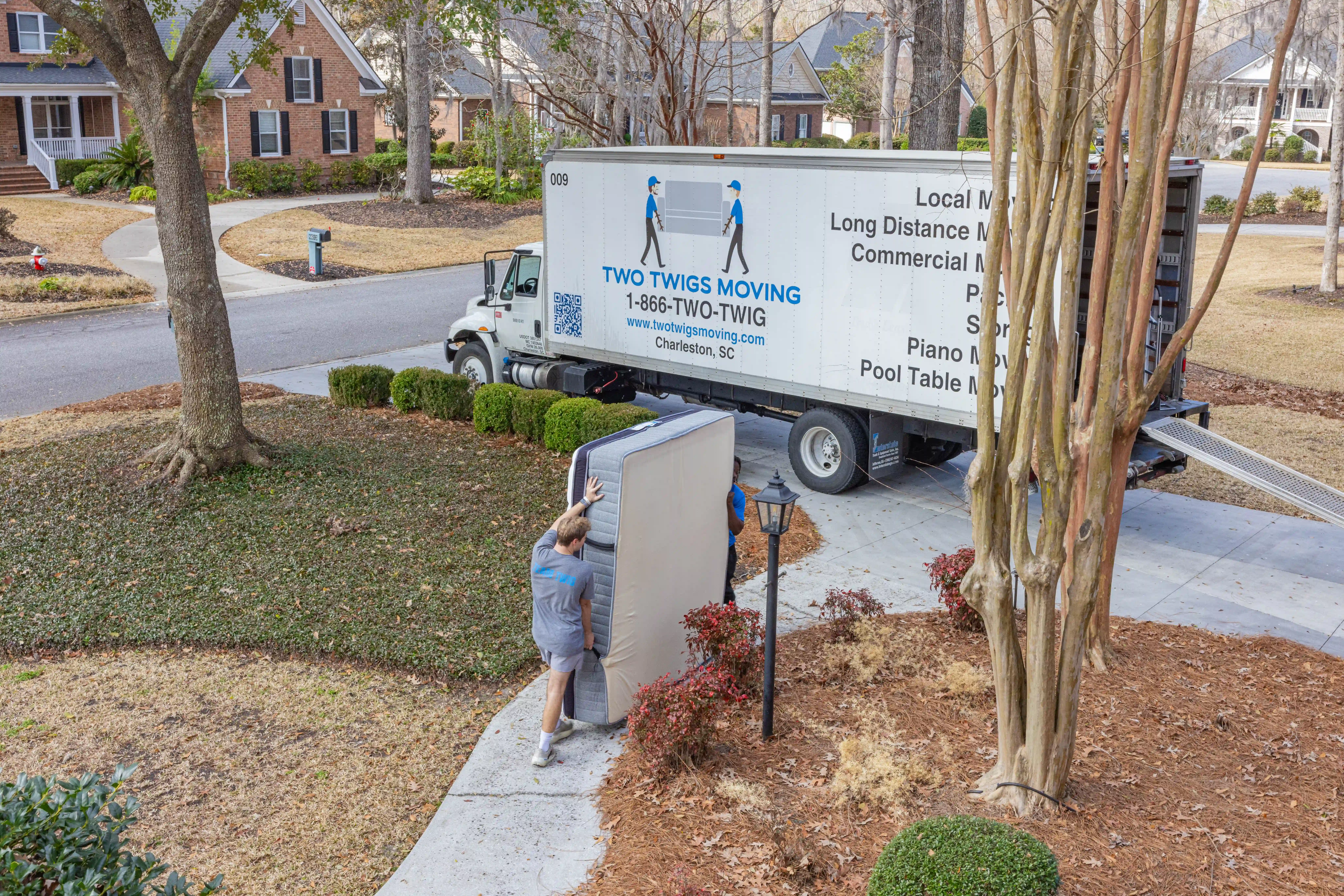Moving to a new city is an exciting adventure filled with possibilities, but it also comes with its own set of challenges. One crucial aspect to consider is navigating local regulations. Understanding the rules and requirements specific to your new location can save you time, money, and stress. This blog post will guide you through the essential regulations you need to be aware of before making your move.
1. Housing Regulations and Zoning Laws
Before moving, familiarize yourself with local housing regulations and zoning laws. These regulations dictate what types of properties can be rented or purchased, as well as how they can be used. For example, some cities have restrictions on the types of renovations you can make, the number of tenants allowed, or the use of property for short-term rentals. Researching these rules ensures that you choose a property that meets your needs and complies with local laws.
2. Registration and Licensing Requirements
Most cities require new residents to update their address with various local authorities. This may include registering your vehicle, updating your driver’s license, and notifying the postal service of your change of address. Additionally, certain professions or businesses may require specific licenses or permits to operate legally in the new city. Check with local government offices to understand what registrations or licenses are needed to avoid any legal complications.
3. Utilities and Services
Each city has its own regulations regarding utilities and services, including water, electricity, and waste management. Before moving, contact local utility providers to set up accounts and understand any deposit requirements or service fees. Some cities may also have specific rules about trash collection, recycling, and composting, so familiarize yourself with these guidelines to ensure compliance and avoid fines.
4. Property Taxes and Homeowner Associations
Understanding local property tax rates and homeowner association (HOA) rules is essential if you are buying a home. Property taxes can vary significantly from one city to another, impacting your overall budget. Additionally, if your new home is within an HOA community, review the association’s rules and fees. HOAs often have regulations regarding property maintenance, community conduct, and shared amenities, which can affect your living experience.
5. Local Laws and Ordinances
Every city has its own set of local laws and ordinances that govern daily life. These can include rules related to noise levels, parking regulations, pet ownership, and public behavior. For instance, some cities have strict noise ordinances or restrictions on the types of pets you can have. Research these local laws to ensure you adhere to them and avoid potential fines or conflicts with neighbors.
6. Health and Safety Regulations
Local health and safety regulations can impact various aspects of your life, from food handling in restaurants to building codes for residential properties. If you have specific health concerns or require particular medical services, investigate the availability and quality of healthcare facilities in your new city. Additionally, ensure that your new home meets safety standards, including smoke detectors, carbon monoxide detectors, and proper ventilation.
7. Transportation and Traffic Rules
Familiarize yourself with local transportation options and traffic rules before moving. This includes understanding public transportation routes, parking regulations, and any unique traffic laws specific to your new city. Knowing these details can help you navigate your new environment more efficiently and avoid tickets or fines.
8. Community Resources and Support Services
Many cities offer community resources and support services to help new residents acclimate. These may include welcome centers, local government offices, and community organizations that provide information on regulations, services, and events. Taking advantage of these resources can ease your transition and help you quickly become familiar with your new city.
Conclusion
Navigating local regulations is a critical step in ensuring a smooth transition when moving to a new city. By researching and understanding housing regulations, registration requirements, utilities, local laws, and community resources, you can avoid potential issues and make your move as seamless as possible. Taking the time to familiarize yourself with these aspects before your move will not only help you settle in more comfortably but also allow you to enjoy all that your new city has to offer.


.svg)


